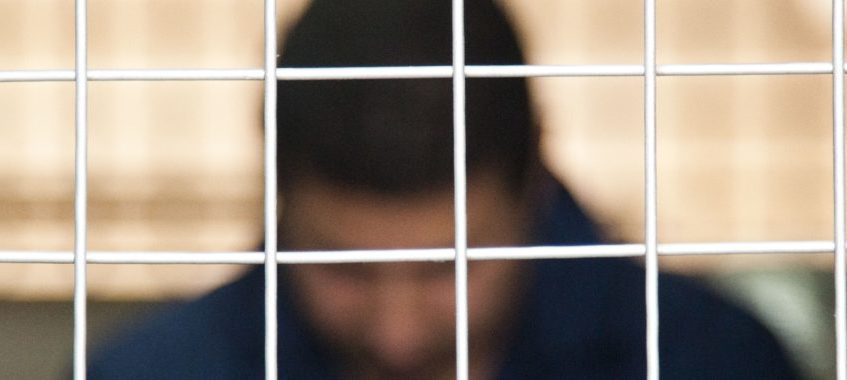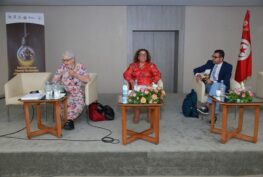8 December 2017: a report by Mada Masr was published after the Mada followed, for over four months, 35 cases of minors who have appeared before criminal and military courts, and met over 10 minors who have finished serving criminal sentences of between one to three years in adult prisons. Among the minors Mada Masr tracked, three from Minya Governorate were given death sentences, which were eventually annulled and retrials granted.
Aser Zahr Eddin is one of the three. He was arrested at dawn on January 12, 2016, at his parents’ home in the Giza neighborhood of Faisal, when he was 15 years old. Aser was presented to the prosecution for the first time on February 13, 2016, but his lawyer says his interrogation occurred without the presence of legal council.
Aser’s family heard no news of him until 33 days after he had “disappeared,” as his name was put on the list of terrorists in Egypt, according to Aser’s responses to the prosecution’s questioning later on. His trial is currently playing out, been transferred in October 2016, before the Giza Misdemeanor Court’s terrorism circuit, headed by judge Nagy Shehata, who has issued 204 death sentences and 274 life sentences since taking the position in December 2013. Aser is moved back and forth between the courthouse and Giza Central Prison, recently built in the Central Security Forces training camp in the desert outside 6th of October City, southwest of Cairo.
The charge against him — joining a terrorist organization — violates the child law, according to his lawyer, Mokhtar Mounir of the Association for Freedom of Thought and Expression.
Aser is one of several defendants being tried in Case 45/2016 by the Supreme State Security Prosecution. The trial’s proceedings are conducted in near secrecy, in violation of Article 268 of the Criminal Procedure Code. The sessions are held inside the Police Academy, in the desert of New Cairo, where the lecture halls have been turned into courtrooms. The defendants are held in a soundproof glass cage, and Shehata has barred anyone but defendants’ lawyers from attending, meaning journalists and family members are absent.
Aser’s lawyer submitted a request that his client undergo a forensics examination to verify that he had been tortured and to have Aser transferred to a correctional facility, in accordance with the child law. The prosecution did not grant the request. Mounir, his lawyer, told Mada Masr that Aser’s name was placed on the list of terrorists and terrorist entitiesin October 2016, but that Mounir was not informed. The verdict was published in the Official Egyptian Gazette dated May 29, 2017, months after the court issued it.
Nearly 3,200 minors, all under 18, have been imprisoned by Egyptian authorities since former President Mohamed Morsi was ousted on June 30, 2013. All have been imprisoned with adults, and some have been subjected to torture, according to a report published by the Egyptian Coordination of Rights and Freedoms in August 2015.
There have been at least 86 minors among the 7,420 Egyptian citizens convicted by military courts since October 2014, according to Human Rights Watch. The trials of minors before military courts has increased since Sisi issued a law on October 27, 2014 which allowed anyone who attacked a state institution to be tried before a military court.










No Comments